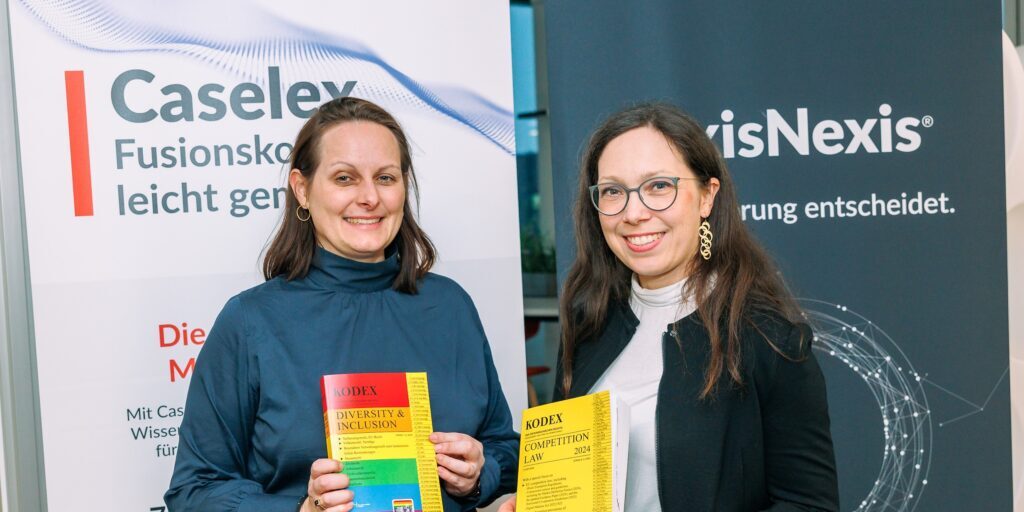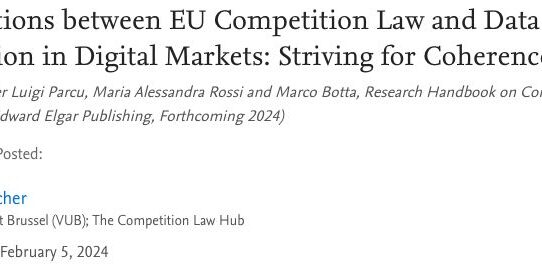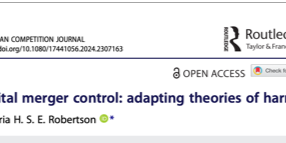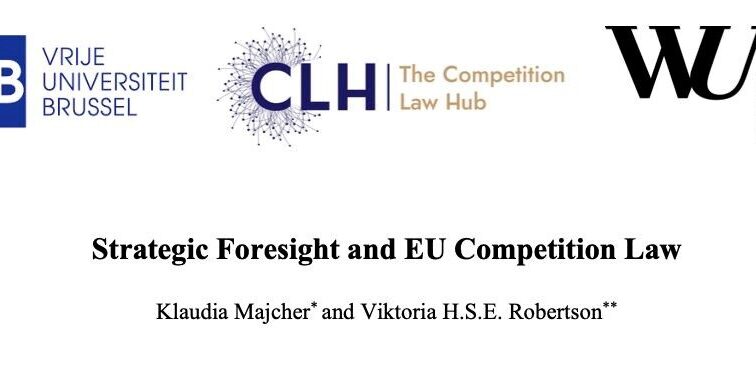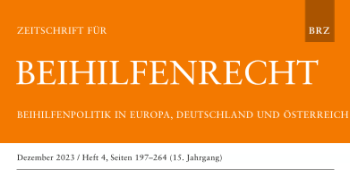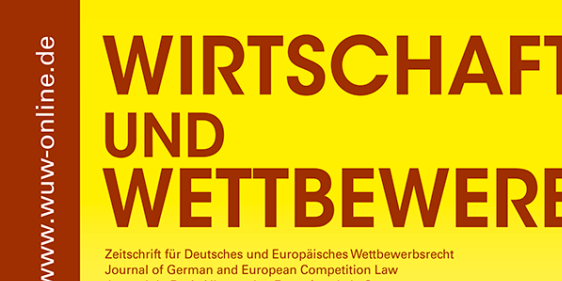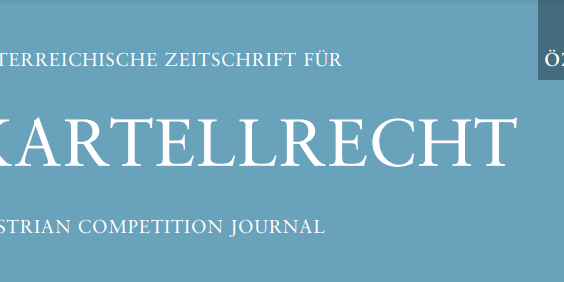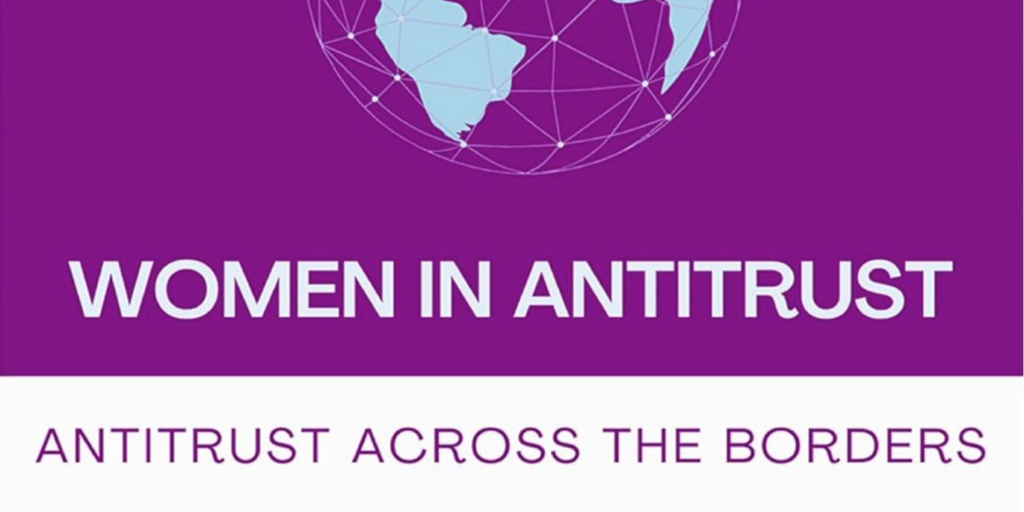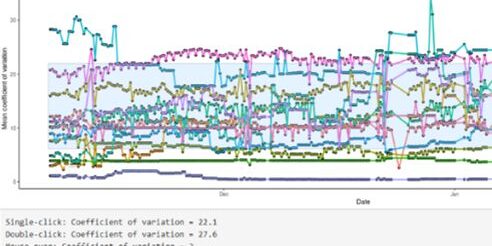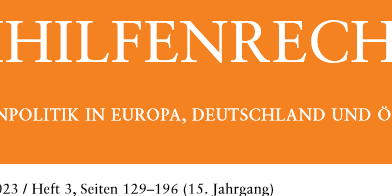The third edition of the legal materials Kodex Competition Law brings together all relevant legal materials of competition law in one handy book and can be used by practitioners, academics and students. For the new edition, Vicky Robertson compiled all major updates, including the new Market Definition Notice (2024), the new Horizontal Co-operation Guidelines (2023), the new US Merger Guidelines (2023) and the Digital Markets Act (2022). Updates to the block exemption regulations are included as well. Published by LexisNexis, you can obtain your copy here.
Pictured with Vicky Robertson is Judith Feldner (partner at E+H) holding the legal materials on diversity and inclusion that she just compiled with Jana Eichmayer, also published by LexisNexis and available here.
Photo credentials: Leadersnet & Alexander Felten
